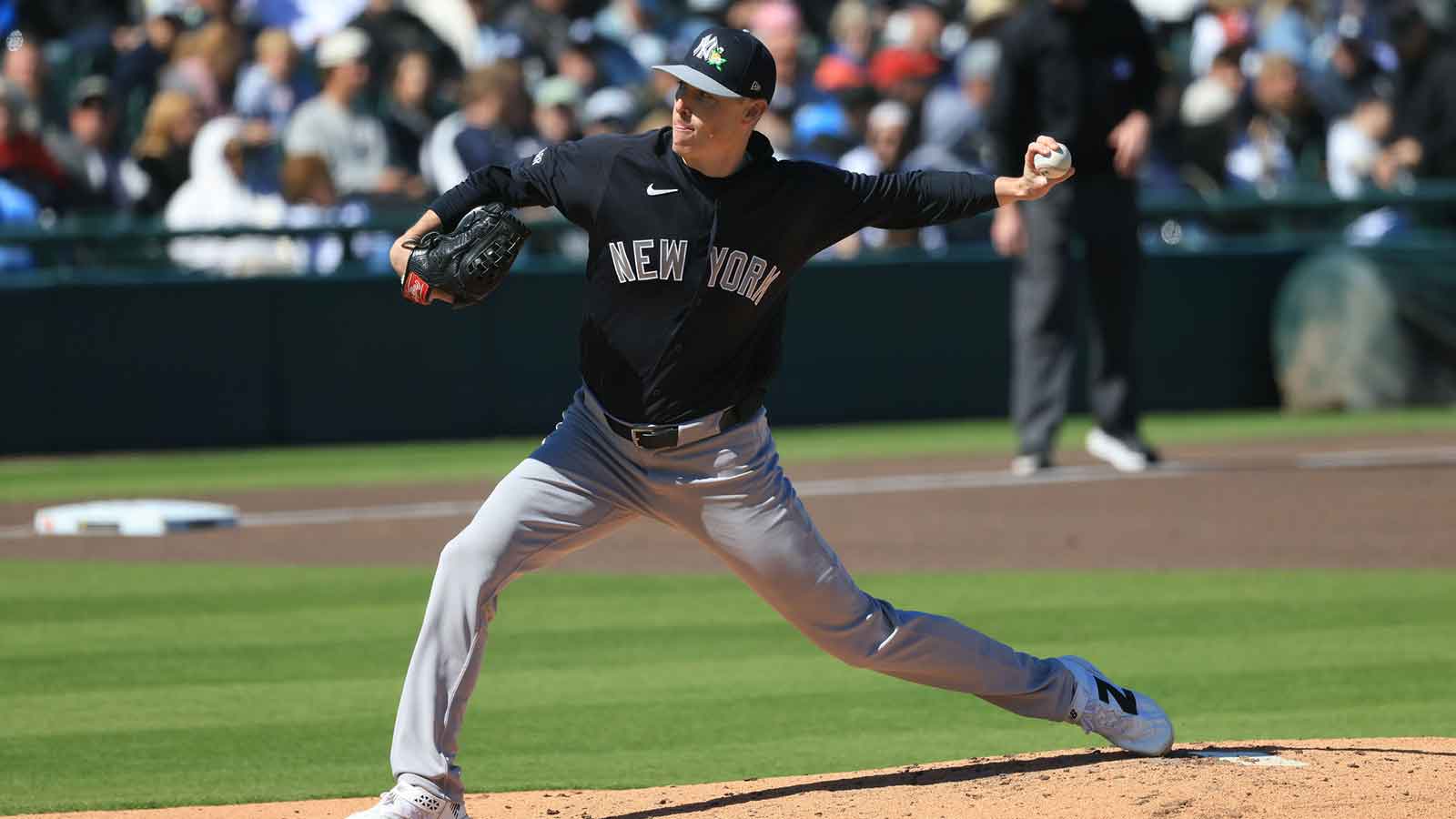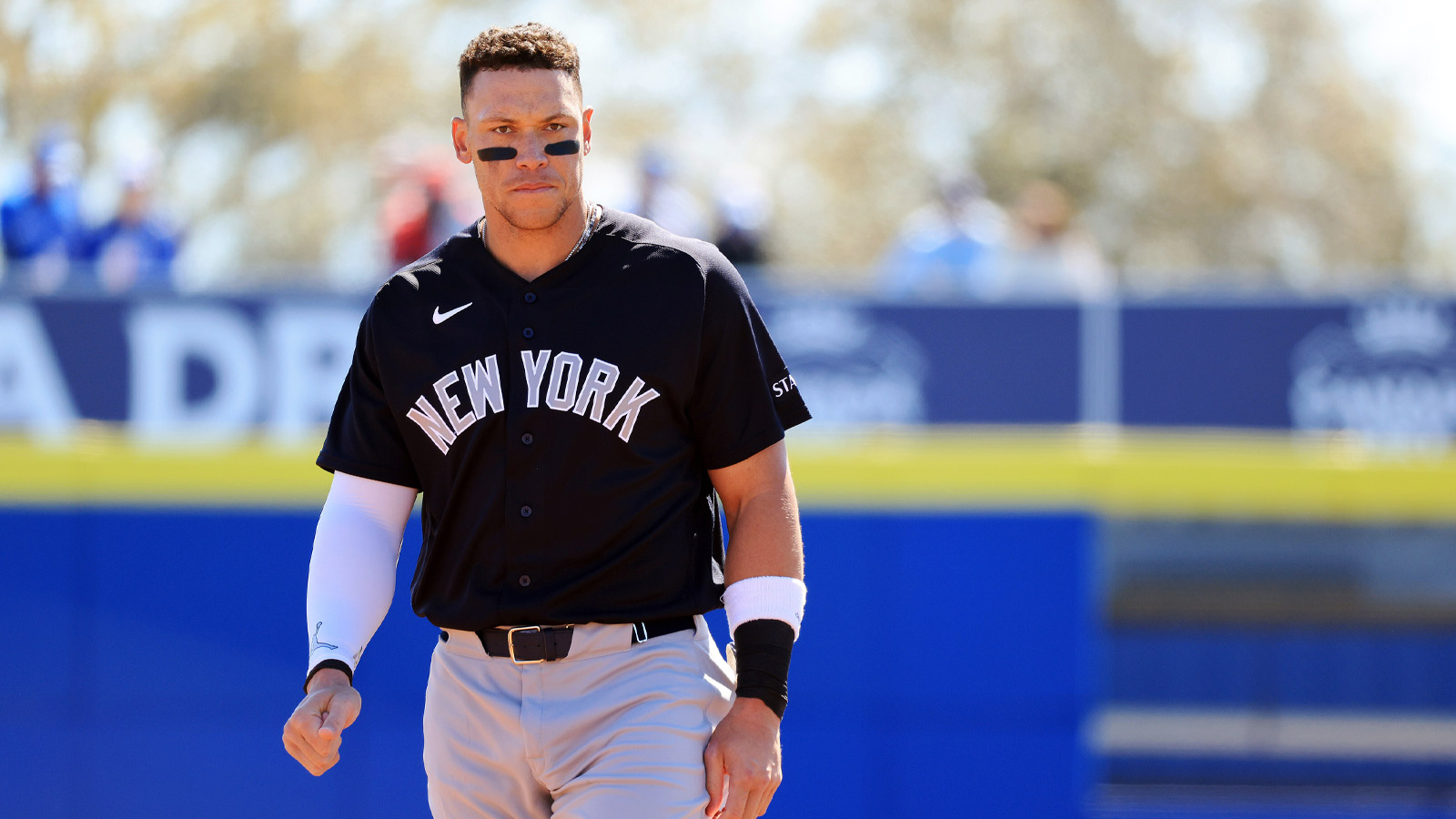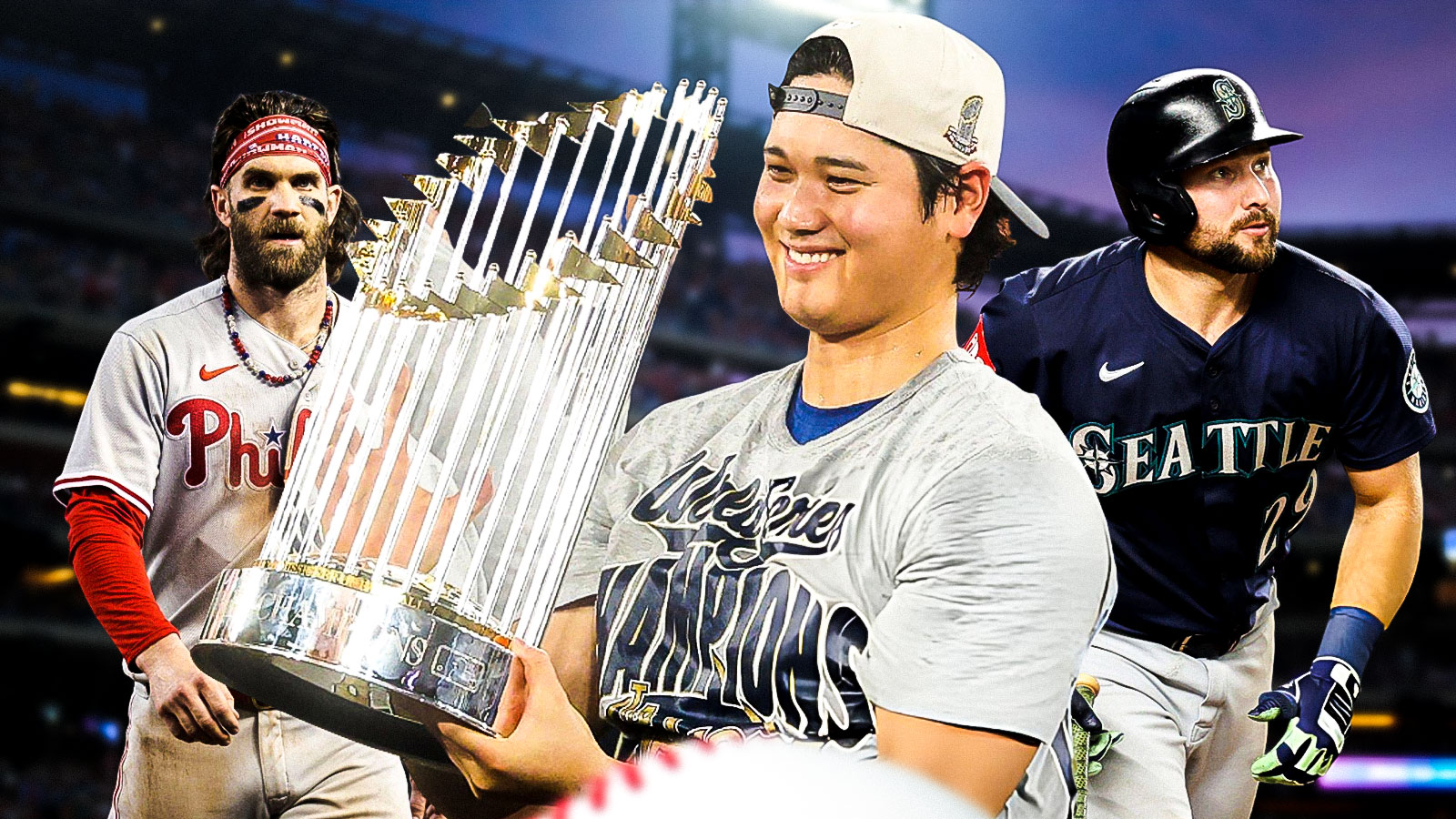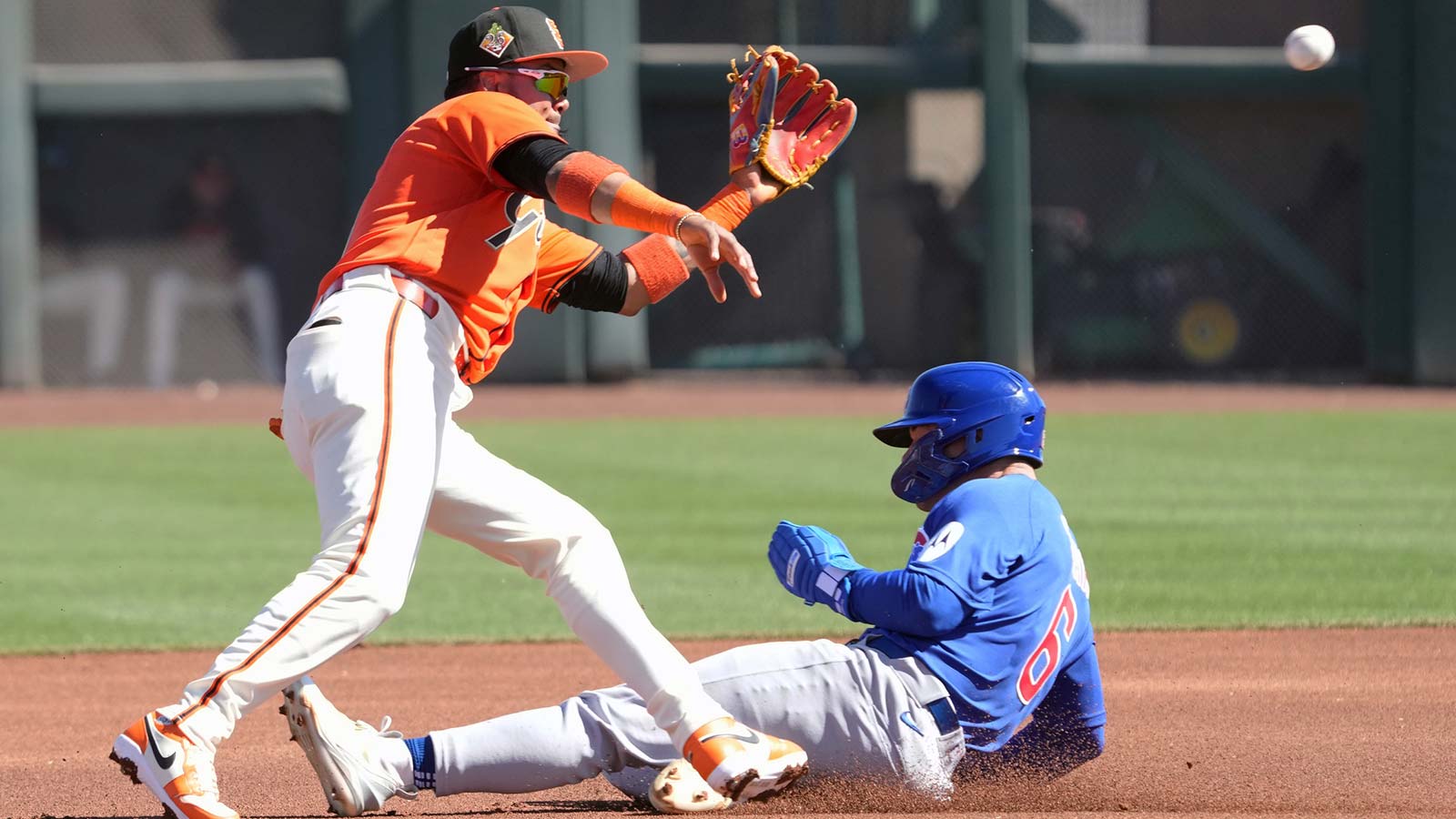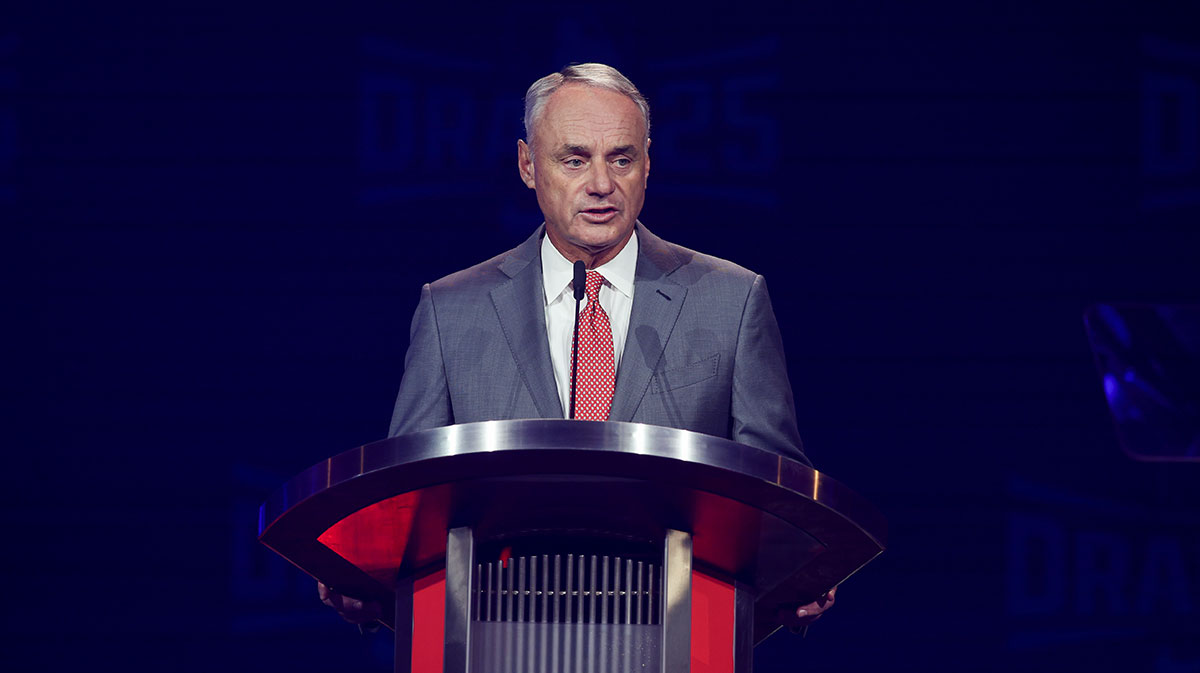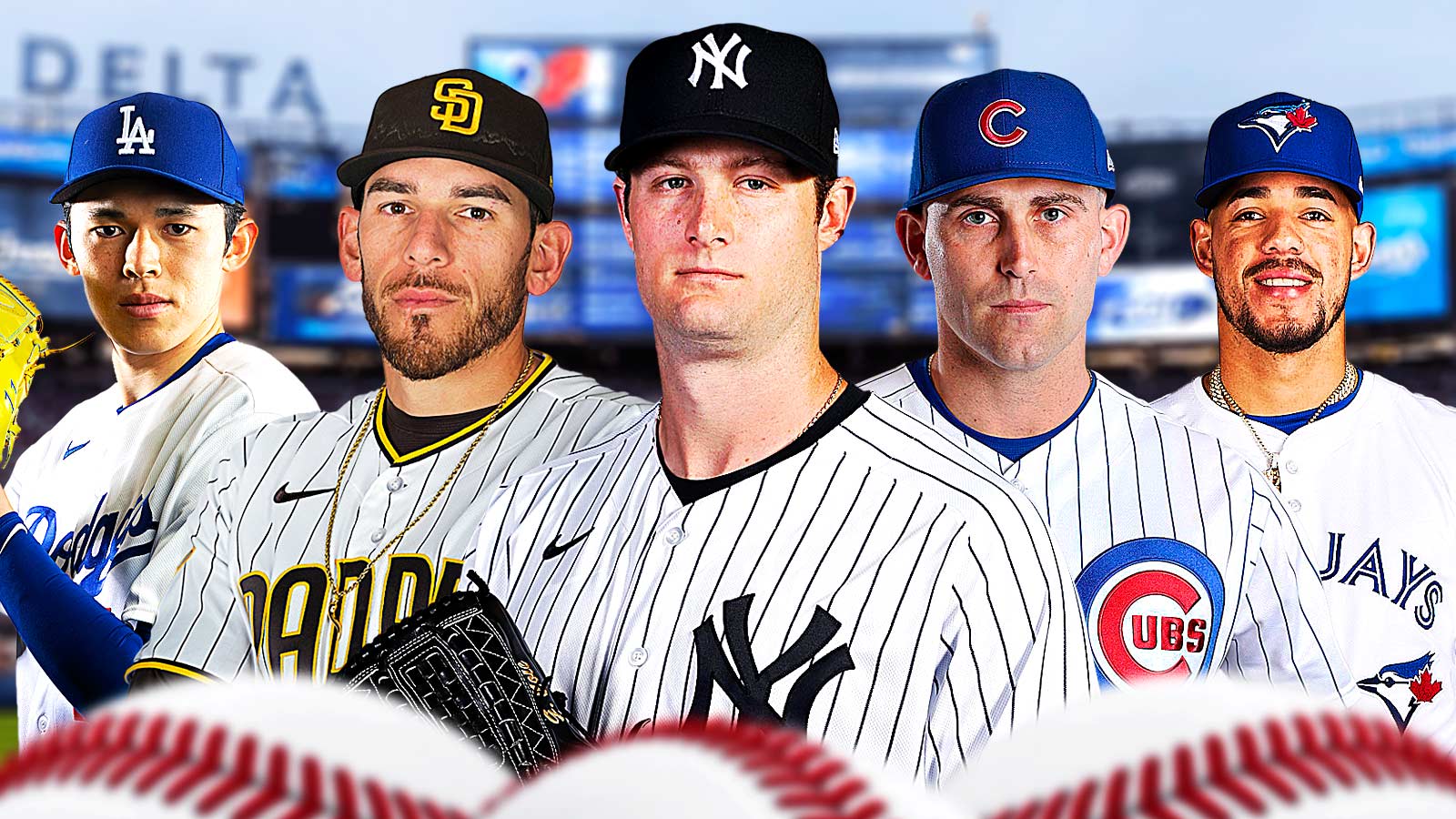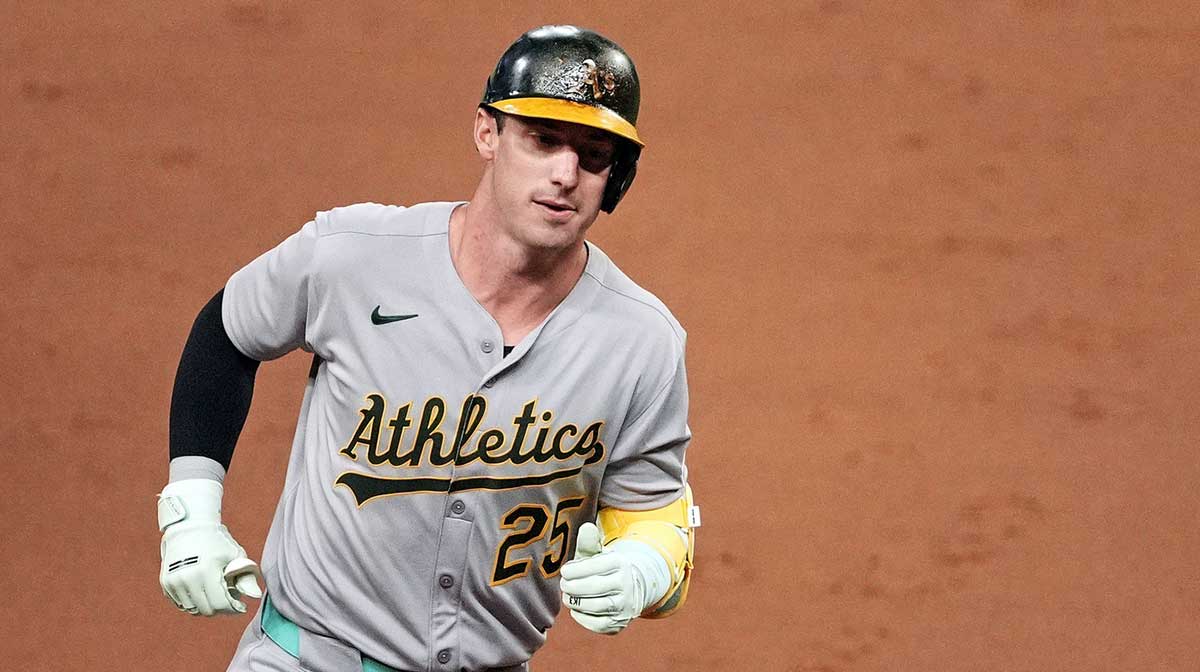A lot of the MLB offseason conversation over the last two years has been about spending. With Juan Soto's historic contract, Shohei Ohtani's $700 million payday, and a 121-loss White Sox team, there are issues on both ends of the spectrum. MLBPA Special Assistant Andrew Miller spoke with Foul Territory about what MLB is doing to help teams who are not spending.
“[Owner's] goal is not to push teams up from the bottom or honestly to even even it out. What they want to do is they want to pull the teams down from the top. They want to put restraints on the Yankees, the Dodgers, the Mets…They're just looking for a way to spend as little as they possibly can on players and put more money in their pocket, which they're businessmen and we understand that.”
“As far as addressing that, we've done a few things. We want to go further. The most obvious is working on revenue sharing and the league has been very difficult. To be blunt, they've said no a lot of times, that this is not something they will touch. It's too politically motivated on their end, they just don't get the votes, whatever it may be. ”
MLB must work on revenue sharing to balance out the league

There will always be teams with more money than others. Even in the NFL, which relies on revenue sharing, some teams do not spend to the cap, and some sail past it. But it is not that simple, as MLB relies on local television deals more than national deals.
Issues with regional sports networks across the country have left teams without money to spend on their roster. The Minnesota Twins, Milwaukee Brewers, and Cleveland Guardians will all have their home games broadcast through MLB media. That takes out a large portion of their revenue for this season and other teams should not have to pay for that.
MLB opted out of their ESPN contract and could be without baseball for the first time since 1990. No channel would ever allow the NFL to do that without blowing them away with an offer first. Miller's request for revenue sharing is fair but as that pot decreases, that solution does not solve the problem.
Teams like the Rockies, Marlins, White Sox, and Reds have defined the bargain-bin teams of this generation. For fans of those teams, they can blame owners all they want. But MLB has the opportunity to fix it and according to the MLBPA, are not taking it.










